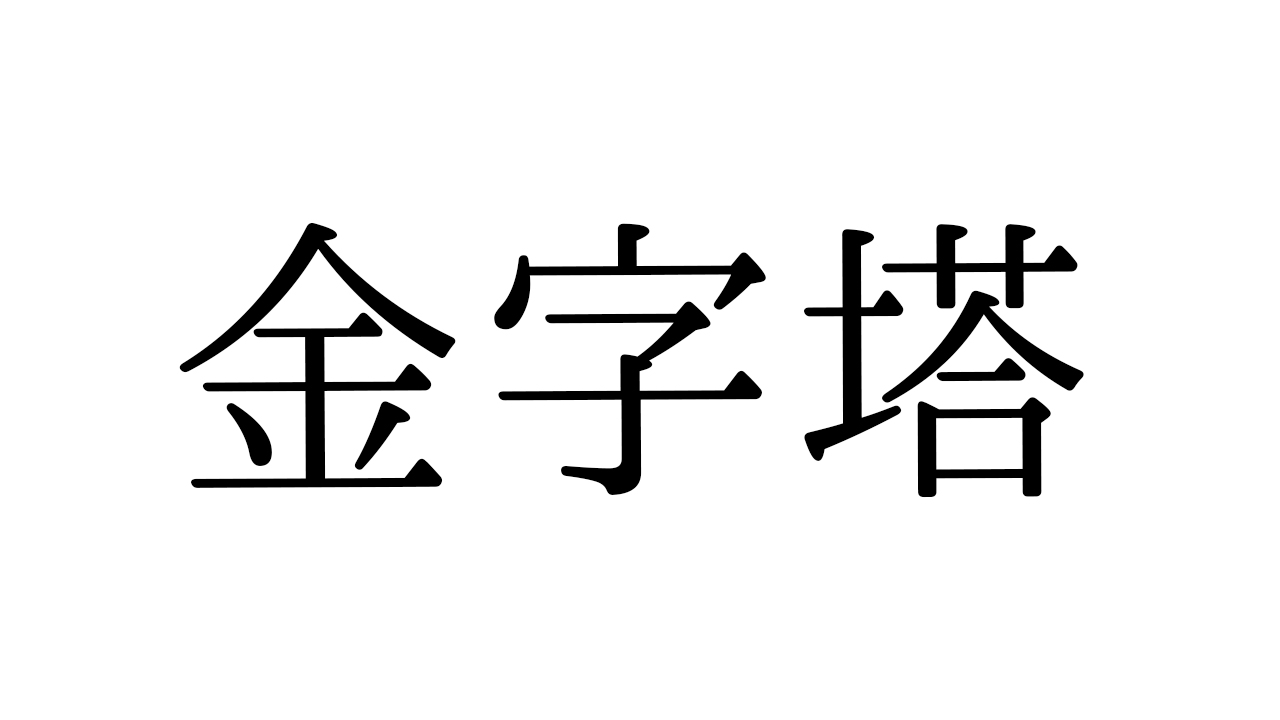“Kinjitou” (金字塔) is a Japanese term that symbolically represents monumental achievements or timeless masterpieces. It is particularly used to describe outstanding works in the fields of art and academia that possess enduring value for generations to come.
The Meaning and Origin of Kinjitou
The term “kinjitou” consists of two parts: “kinji” (金字), meaning golden characters, and “tou” (塔), referring to a tall, towering structure. Together, they symbolize a monument or tower inscribed with golden characters, representing greatness and prestige.
The origin of this term is believed to be related to the pyramids of ancient Egypt. These pyramids were built to commemorate the great achievements of the pharaohs and to demonstrate their power and authority. It is thought that a golden, spiral tower was placed atop these pyramids, which may have inspired the concept of “kinjitou.”
How to Use Kinjitou and Example Sentences
The term “kinjitou” is used in various contexts to describe outstanding achievements or works of enduring value. Here are some examples:
- In literature and the arts, to describe timeless masterpieces:
“Shakespeare’s ‘Hamlet’ can be considered a kinjitou of world literature.” - In academia and research, to express groundbreaking achievements:
“Einstein’s theory of relativity is a kinjitou in modern physics.” - In sports, to convey record-breaking accomplishments:
“Usain Bolt’s 100-meter sprint record can be regarded as a kinjitou in athletics.” - In business, to represent innovative products or services:
“The iPhone has become a kinjitou in the smartphone industry.”
As these examples demonstrate, “kinjitou” is a term used to express outstanding achievements or timeless masterpieces in various fields.
Conclusion
“Kinjitou” is a Japanese term that symbolically represents monumental achievements or timeless masterpieces, particularly in the fields of art and academia. Its origin is believed to be related to the golden towers atop the pyramids of ancient Egypt. The term is used in various contexts, such as literature, the arts, academia, sports, and business, to describe outstanding works or achievements that stand the test of time. From Shakespeare’s ‘Hamlet’ to Einstein’s theory of relativity, there are numerous examples of works worthy of being called “kinjitou” in their respective fields.



